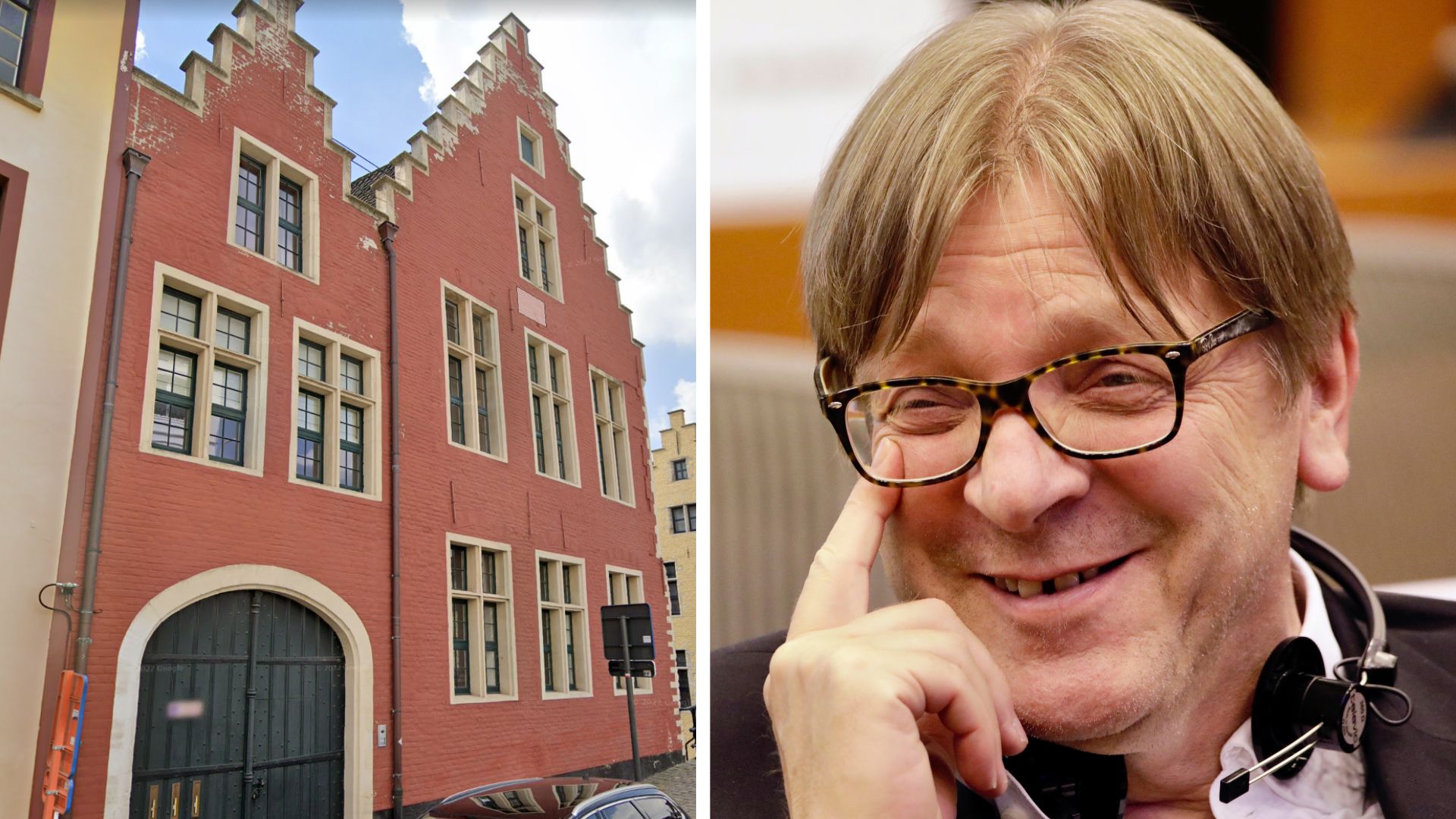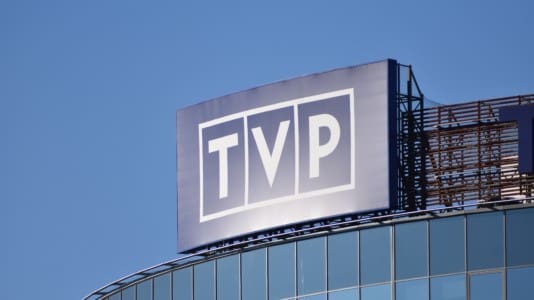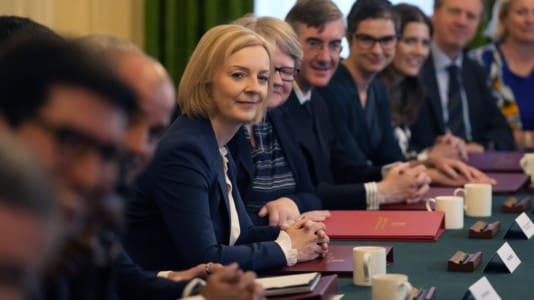Guy Verhofstadt is known as one of the left’s most voraciously anti-Hungarian and anti-Polish politicians at the EU level, but as of late, he has become one of the biggest voices in support of economic sanctions against Russia that are increasingly sparking an energy and economic crisis in Europe.
Just a few days ago, he posted on his official Twitter page that he is demanding additional sanctions against Russia in the field of energy. In Brussels, many of the bloc’s top politicians and officials believe this sacrifice must be made, even if it requires savings from all citizens of the union.
[pp id=47107]
However, Verhofstadt’s economic fortunes are unlikely to suffer greatly due to his stance on the war, and like many politicians calling for more “sacrifices” for Ukraine, he will not personally have to make very many. In fact, a new report details how the European politician, long an advocate for federalization of the EU, has tapped taxpayer money despite his enormous wealth, including to renovate his 17th-century riverside heritage building in downtown Ghent, Belgium, as far back as 2012.
A Belgian news portal reported how Verhofstadt “saved” when renovating his own house. As it turned out, the liberal politician halved his expenses by receiving hundreds of thousands of euros in public funds.
According to press reports, the liberal politician and his family bought the listed building in 2011 — in which he still lives today — for €1.5 million together with two other families. In 2012, the costs of the renovation of the Verhofstadt residence were estimated at roughly €820,000, but almost half of this was paid for by Belgian taxpayers.
[pp id=45310]
Despite Verhofstadt’s association with left-wing policies, he is a very wealthy individual. He served as the former prime minister of Belgium before entering politics at the EU level and routinely ranked as one of the highest-earning politicians in the entire European Parliament. According to a report from Transparency International (TI) from 2018, records show he earned between €920,000 and €1.4 million in that year alone. That money comes on top of his salary as a member of parliament, which already amounts to approximately €13,000 per month, according to a report from Belgian news outlet BRF. A report from 2021, also citing TI data, also put him in the top five earners in the European Parliament.
MEPs are allowed to work part-time in their role as politicians, but TI has long argued that it creates conflicts of interests.
It is unclear what Verhofstadt’s total net worth is, but he sits on various company boards as a director and is often paid substantial fees to speak at events. He also led the left-wing Renew faction in the European Parliament until 2019, which likely further padded his earnings.
Despite Verhofstadt’s wealth, for renovating his home, the former prime minister received significant support from the Flemish government, the province of East Flanders, and the city of Ghent, totaling €327,784, according to information from the Knack news portal.
The city council of Ghent, however, dismissed the criticism by saying that the money was given to the listed building, not the owner, and that the renovation contributed to the development of the townscape. In any case, it is true that the building was uninhabitable before the renovation and conversion, but thanks to generous taxpayer support, the Verhofstadts got away with paying almost just half the cost of rebuilding their family home.
Many Belgians were outraged by the hundreds of thousands of euros of support and found the matter distasteful, especially at a time when the government had changed its energy-saving measures to cut subsidies for Belgians. This meant that after certain housing renovation and modernization investments, people no longer received as much tax relief as before, so construction and renovation became significantly more expensive. This did not apply to the Verhofstadts, however, who received a massive subsidy to renovate their own house.
[pp id=46533]
Top politicians across Europe, many in comfortable financial situations, have been calling for Europeans to make more sacrifices for Ukraine, including French President Emmanuel Macron, known for routinely attending parties on yachts, saying last month, “What we are currently living through is a kind of major tipping point or a great upheaval … we are living the end of what could have seemed an era of abundance … the end of the abundance of products of technologies that seemed always available … the end of the abundance of land and materials including water.”
German politicians have also called for more “personal sacrifices” for Ukraine, including liberal-democrat Marie-Agnes Strack-Zimmermann, who is known for her ties with the German arms industry and her high net worth.
European households are expected to face a massive increase in energy bills over the coming winter, along with high inflation for food, clothes, and housing. As many as 6 in 10 U.K. manufacturers are at risk of closure, with the dire situation in Europe leading some opposition politicians, such as Italy’s Matteo Salvini, to call for a “rethink” on sanctions on Russia.






